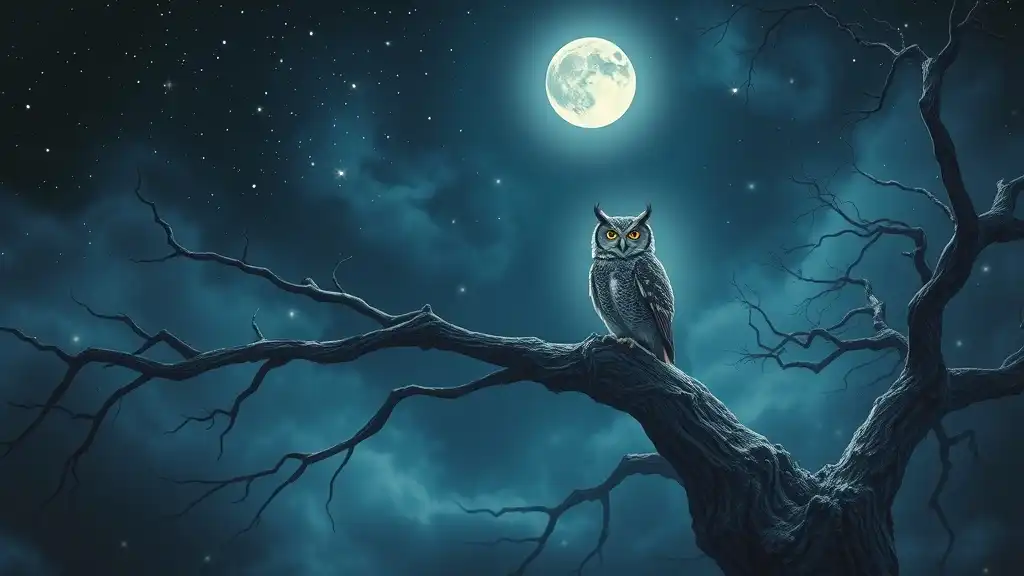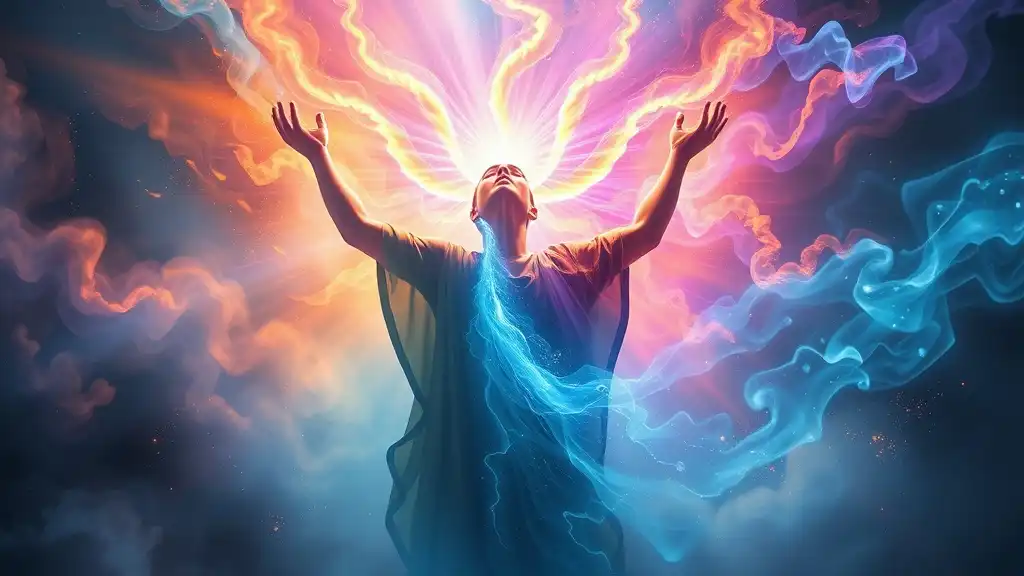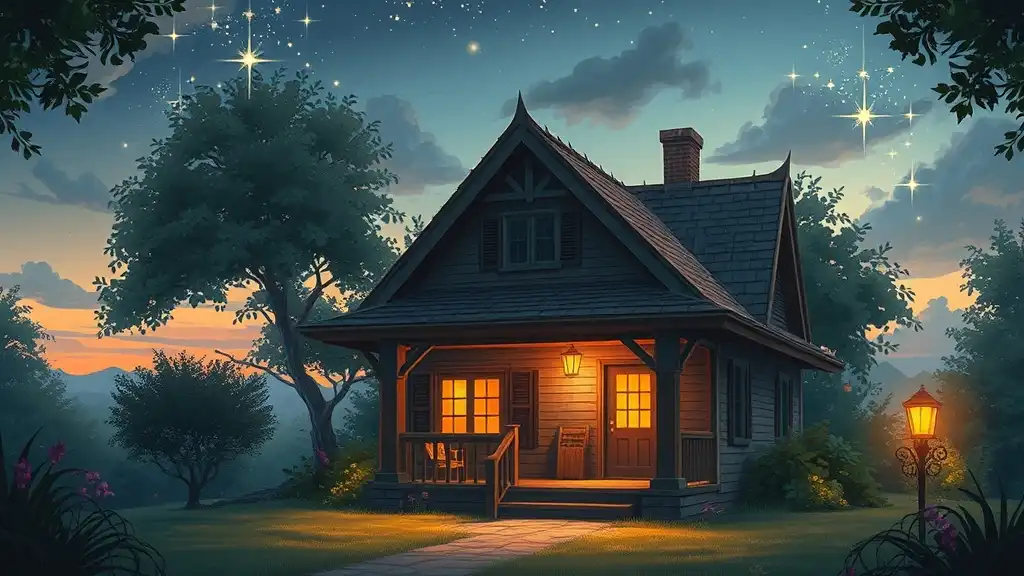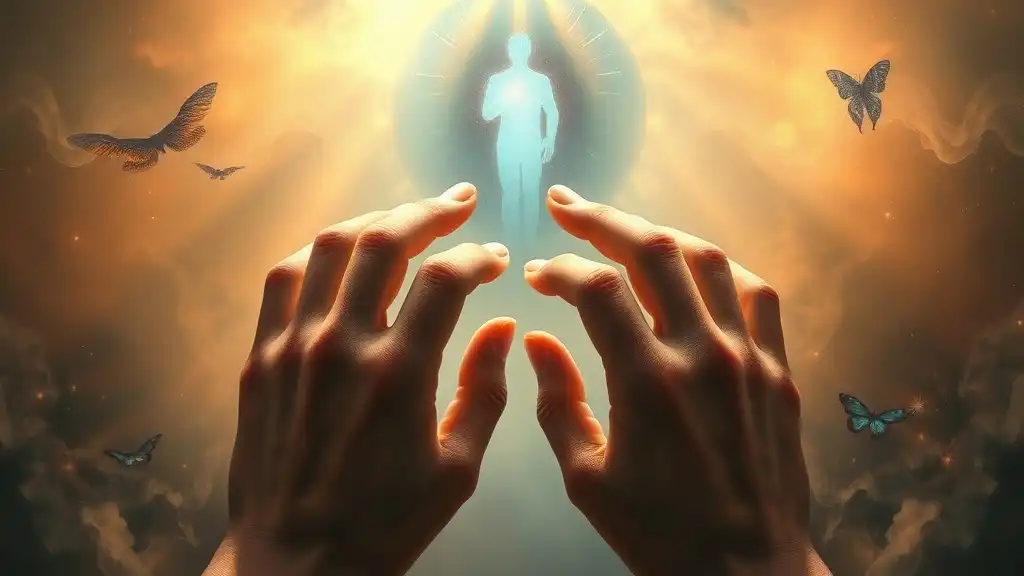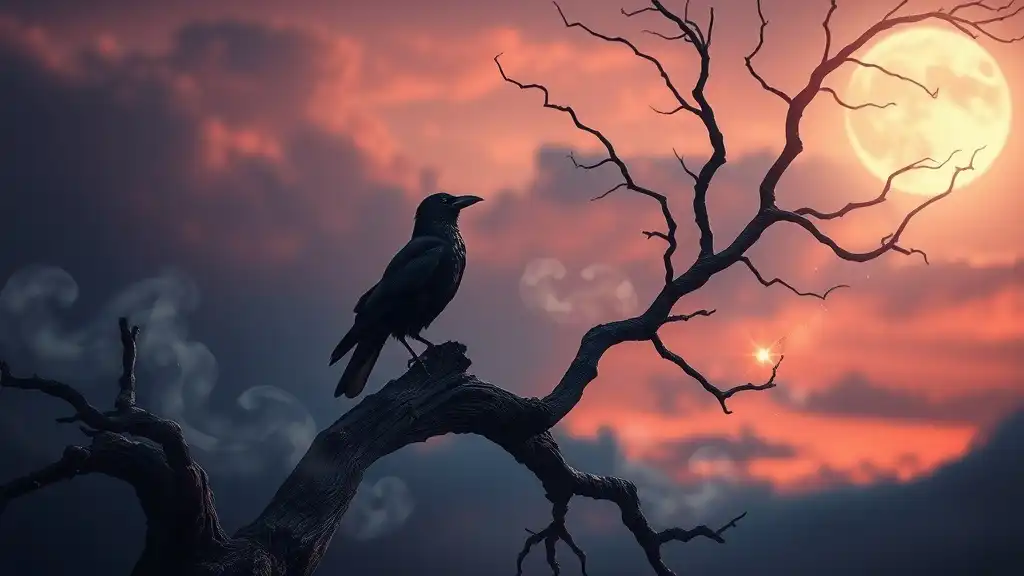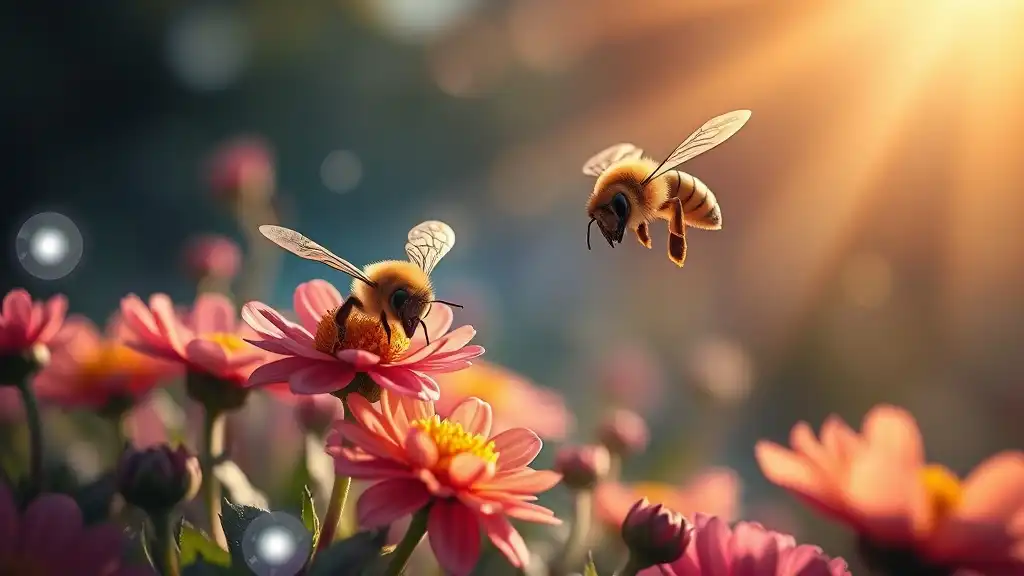The significance of owls has transcended generations and spans across various cultures, weaving themselves into the fabric of folklore, spirituality, and mythology. Among the many fascinating aspects of these enigmatic creatures is the act of owl hooting. This intriguing vocalization does more than just echo through the night; it carries profound spiritual meanings and messages that many feel compelled to decipher.
The Symbolism of Owls
Historically, owls have been revered and feared in equal measure, often embodying dual meanings of wisdom and death. In ancient Greece, the owl was associated with Athena, the goddess of wisdom, symbolizing knowledge, insight, and protection. In contrast, numerous cultures also regard owls as harbingers of death or omens of misfortune. This intriguing dichotomy establishes owls as powerful symbols in spiritual realms, acting as bridges between the mundane and the mystical.
When discussing the spiritual associations of owls, it’s important to note their representation of deep intuitive wisdom. Many view these birds as guides, encouraging individuals to listen closely to their intuition and inner voice. The owl’s ability to see in the dark serves as a metaphor for revealing hidden truths, nudging us to explore the shadows of our own reality.
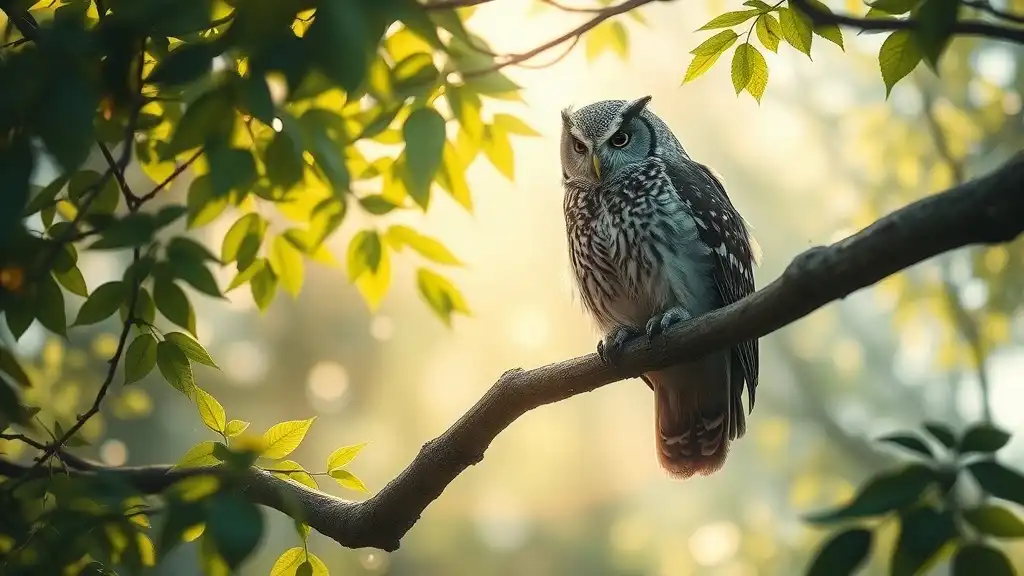
Understanding Owl Hooting
When we speak of owl hooting, we must consider what it means when an owl chooses to vocalize. Hoots can vary significantly from one species to another, and their frequency, pitch, and rhythm can convey different messages. This aspect of owl communication is an essential element in decoding spiritual messages.
While the common perception is that hooting signals the presence of an owl, it can also serve as a way to establish territory or attract a mate. In a spiritual context, these hoots can be seen as calls from the universe, urging us to pay attention to our surroundings and our internal state. Each hoot synchronizes with the rhythm of nature, reminding us of our connection to the world beyond our immediate perception.

Spiritual Interpretations of Owl Hooting
In spiritual circles, owl hoots are often interpreted as messages from the spirit world. Many believe that when an owl hoots, it is conveying important insights, perhaps even warnings or guidance about a situation or relationship. Some spiritual practitioners suggest that each hoot may signify a specific message, such as encouragement to trust one’s intuition or confidence in a coming life change.
Engaging with owl hooting during personal spiritual practices can be enlightening. When you hear an owl, take it as an invitation to reflect on your life path. Consider what you are pondering or working through at that moment—often, the owl’s call will speak directly to your concerns, suggesting that you are not alone in your journey.
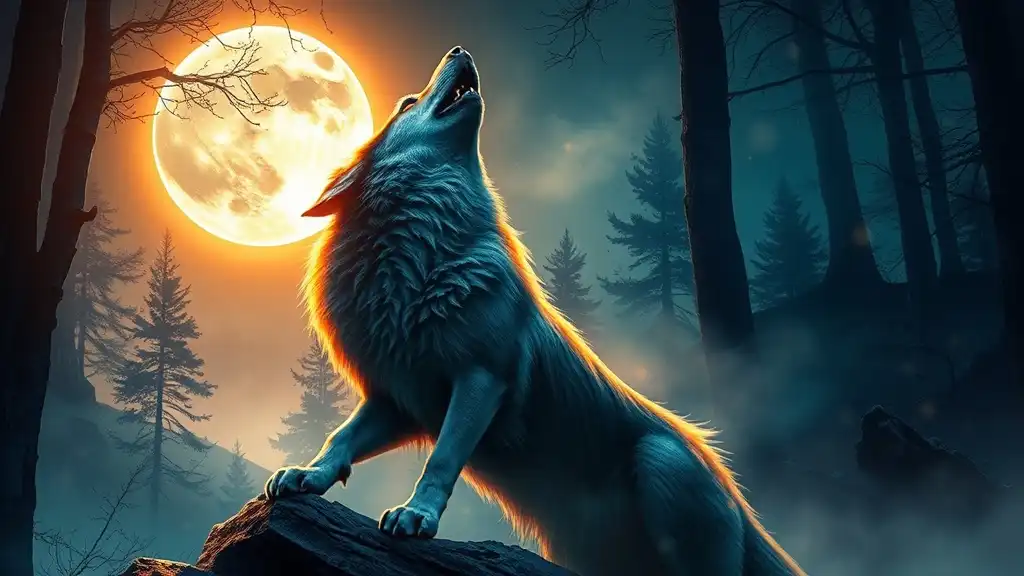
Signs and Messages
Recognizing repetitive owl hooting can hold significant spiritual meaning. If you find yourself hearing an owl consistently during particular life events or emotional phases, this may be a reminder from the universe, guiding your attention to matters requiring deeper contemplation. The idea that an owl’s call could be a symbolic nudge encourages many to develop a deeper awareness of their environment and life circumstances.
Listening to owl sounds relates closely to individual experiences. For instance, if an owl hoots immediately after you have posed a question to the universe, it may serve as an affirmation or acknowledgment of your query. By tuning into these signs, you nurture a connection with the natural world, fostering both trust and understanding in your spiritual journey.

Practical Guidance
Meditating on the meaning of owl hooting can be both soothing and revealing. Begin by finding a peaceful space where you can sit quietly and tune into the sounds around you. As you listen for hoots, approach each sound with an open mind and an open heart. Ask yourself, "What message might this hold for me?" This practice can help cultivate a richer understanding of your spiritual path and bolster your connection to natural energy.
Journaling can also be a powerful tool. Consider documenting your experiences with owl encounters—note the date, location, and any thoughts or feelings that arose. Over time, this collection of reflections may unveil patterns, highlighting specific themes or messages from the owls you encounter.
To deepen your understanding and connection with owl spirit guides, consider setting intentions before your meditative practices or journaling. This can align your energies with the wisdom you wish to receive, inviting clarity and insight into your life.

Cultural Perspectives on Owl Hooting
In Native American traditions, owls often hold sacred meanings; some tribes interpret their calls as messages from ancestral spirits. In this context, owl hooting can be seen as an emotional connection to the past—an echo of wisdom urging humanity to stay grounded in their roots.
European folklore carries its weighty superstitions attached to owls. In many cultures, hooting owls were regarded as omens. For instance, in certain villages, the hoot of an owl was considered a warning of imminent death or illness. This intricate relationship illustrates not just fear, but also respect for the powerful energies these birds embody.
In African traditions, owls are seen as protectors and messengers, often providing guidance during difficult times. Their hooting could signify the presence of guardianship, helping individuals navigate life's challenges. Across different regions, owls are imbued with the power of foresight, hence cultivating reverence for their presence.

Conclusion
To embrace the spiritual meaning of owl hooting is to remain open to the mysteries that life unfolds. By recognizing and interpreting the messages inherent in these powerful creatures, we can cultivate a deeper relationship with ourselves and the world around us. The lessons from owls challenge us to trust our intuition, remain aware of our surroundings, and connect with the wisdom of nature. In doing so, we create an enriched spiritual journey that allows us to thrive, guided by the resonance of the hoot that travels through the night.

